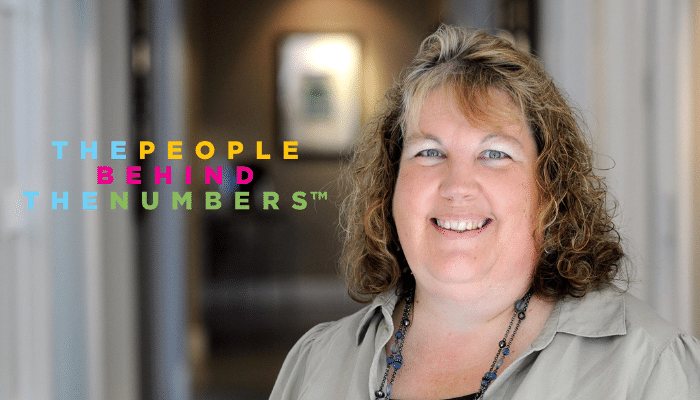This week, we talked with Valerie Abney, CDIP, RHIT, CCS, about the steps she takes to find her routine
Q: Describe in detail your daily routine.
A: My day starts about 4:30 – 5 a.m. After making a cup of tea I start the day with a look at my email to see if anything needs immediate attention. I use the flags within Microsoft Office to help prioritize and keep track of those emails that can be addressed later.
After assessing what needs to be accomplished during the day I either start to review records or complete other tasks that need to be done. My routine may vary from day to day depending on what needs to be completed. I set goals on what I want to accomplish today. I wish I could say I always meet the goals I set for myself, but I don’t. I try to be flexible and re-prioritize as the work day progresses. I find that separating chart reviews from other tasks works best for me. Jumping to and from chart review results in more time spent on each chart.
Q: How do you maintain your routine day after day, week after week?
A: Each day is different depending on which project(s) and role that I have been assigned. Each morning I assess what needs to be accomplished that day. How I prioritize each day’s tasks depends on two things – 1) When do they need to be completed and 2) how complex the task is. I am a morning person, so I find that if I schedule and complete the most challenging tasks/charts first and get them out of the way my day goes much smoother and I can focus more intently on the charts I am reviewing.
Q: What techniques have you found to minimize distractions?
A: One of the biggest distractions are those internal distractions. Often something you read will trigger a thought in your mind that will linger there until you take some action. These thoughts can play havoc with your concentration and you find you are re-reading the same documentation over again. I find I need to deal with the bothersome thought to eliminate the distraction. Most of the time all it takes is a quick note on a post-it as a reminder for later. It could be anything from needing to responding to an email or picking up a prescription or needing to water a plant. I find that if I quickly deal with that momentary distraction my concentration is better, and I am more productive. Putting that thought on paper allows me to let it go.
Q: What are the productivity goals that you set for yourself? And how do you track them?
A: My goal is to exceed the productivity goals that are set for the various type of reviews that we do. I accept that sometime the chart mix or the hospitals EMR will make it challenging to meet the goal on a specific day. I try not to focus on what I do in a single day but instead look at the week as a whole as this averages the good and not so good days together. The productivity reports we have available are great to monitor how I am doing and where improvement is needed.
Q: What motivates you the most? Positive feedback from managers, self-motivation by reaching personal goals, financing incentives? Or other?
A: I think the biggest motivator is knowing that I am meeting (or even better, exceeding) the productivity goals that has been established. It is important to me to feel that I am doing my best each day.




